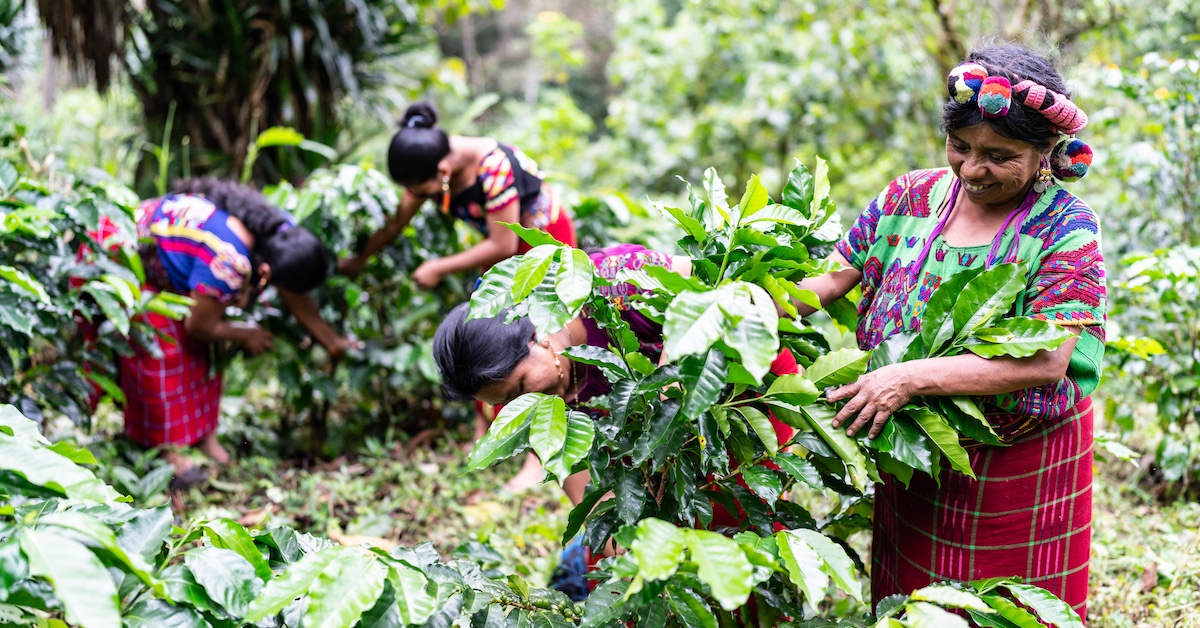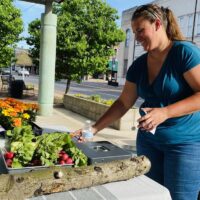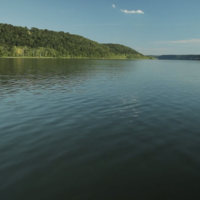The World Meteorological Organization announced recently that global temperatures are likely to overtake a critical 1.5° Celsius warming threshold within the next five years.
Small-scale farmers in nations with developing economies are especially at risk and need to invest in infrastructure and agricultural practices that can withstand worsening climate impacts. But they receive less than 2% of global climate financing.
- SUBSCRIBE: Sign up for our newsletters

Root Capital is a nonprofit that works directly with agricultural enterprises in Africa and Latin America to invest in climate action for small-scale farmers.
“We’re seeing that these communities are really on the frontlines of climate change,” Elizabeth Teague, director of Root Capital’s Climate Resilience Initiative, told the Daily Yonder. “For them, climate change is a current problem. It’s a problem they’ve already been experiencing for a number of years, it’s not something in the future at all. And they’re really seeing risks play out in a number of different ways.”
She said officials with Root Capital are seeing risks around increasing numbers of heat waves, for example, in Central America and unprecedented droughts in Central America and East Africa.
“And then we’re also seeing, in other cases, too much rain. So we’re seeing really heavy downpours, land fires as a result of too much rain in Peru and Colombia,” Teague said. “So I think we’re going to see that climate change is, of course, a global problem, but it really plays out locally.”
In the U.S., farmers are also experiencing the impact of climate change, said Hal Hamilton, co-founder and senior advisor at Sustainable Food Lab.
It’s difficult to put all U.S.-based farmers in one category, he said, as there are many different types of farmers. Still, they are seeing the changes.
“More and more, it’s unavoidable that the temperatures on average are getting higher and weather in general is more volatile, and storms are getting worse,” he said. “And droughts are getting worse and flood years are getting worse. So it’s a little bit confusing for farmers just like it is for everybody else.”

Breeding new varieties of crops is one way farmers are working to mitigate the impacts of a changing climate, he said.
“Some of the bigger food companies now have goals for not only greenhouse gas emissions, but goals for number of acres in regenerative agriculture, and like PepsiCo now has a goal of 7 million acres in regenerative agriculture around the world, which is approximately the same as their their footprint of ingredient purchase,” Hamilton told the Daily Yonder.
Teague said farmers are turning to agroforestry to help mitigate the challenges. It’s essentially farming with trees.
“So if you’re a coffee farmer or a cocoa farmer or macadamia farmer, these are already shrub or tree crops, and they actually do really well with other trees around them,” she said. “So hardwood trees provide shade. And this practice is especially important in increasingly hot and dry climates, because it brings down the temperature on the farm, and helps retain moisture during drought. And so again, a lot of farmers were already doing this, this was really basically an Indigenous practice in many of the communities in which we work.”
Teague added that 95% of the world’s farms are small-scale, but they only receive 2% of climate financing.
“That’s incredibly unjust and also, of course, counterproductive, as these farms are feeding the world. And we need them to keep doing this good work,” she said.
Teague said there can be misconceptions that small-scale farmers in developing areas don’t understand climate change, which is incorrect.
“That is so far from the truth that we’re seeing when we go out and talk to local businesses, talk to farmers. They know about climate change, they can tell you how the rains are changing. How it’s hotter than it used to be. How there’s more erosion, more soil degradation than there used to be,” she said.
“And we’re also seeing that they really have a lot of ideas for how to move forward. We’re seeing that small businesses in very rural, very remote places with very limited resources are doing so much to try to invest in climate action. They’re building tree nurseries for climate crops, they’re teaching regenerative agricultural practices, they’re replanting forests. And they’re doing all this now without access to significant external financing.”
This article first appeared on The Daily Yonder and is republished here under a Creative Commons license.






